Cant Stop
Wont Stop
Cant Stop
Wont Stop
A History of the Hip-Hop Generation
Jeff Chang
Introduction by DJ Kool Herc
St. Martins Press  New York
New York
CANT STOP WONT STOP . Copyright 2005 by Jeff Chang. Introduction copyright 2005 by DJ Kool Herc. All rights reserved. Printed in the United States of America. No part of this book may be used or reproduced in any manner whatsoever without written permission except in the case of brief quotations embodied in critical articles or reviews. For information, address St. Martins Press, 175 Fifth Avenue, New York, N.Y. 10010.
Two Shot Dead In Bronx Duel. From The New York Amsterdam News, January 11, 1975. Reprinted with permission. All rights reserved.
Excerpt from Black Art by Amiri Baraka, from the book The Leroi Jones/Amiri Baraka Reader, William J. Harris, editor. Copyright 1960, 1961, 1963, 1964, 1965, 1966, 1967, 1968, 1969, 1970, 1971, 1972, 1975, 1979, 1980, 1981, 1984, 1987, 1989, 2000 by Amiri Baraka. Appears by permission of the publisher, Thunders Mouth Press, a division of Avalon Publishing Group.
Excerpts of letters, quotes, and lyrics by Chuck D and excerpts of quotes by Sally Banes, Simon Reynolds, and Richard Goldstein are reprinted with permission.
www.stmartins.com
www.cantstopwontstop.com
Design by James Sinclair
ISBN 0-312-30143-X
EAN 978-0312-30143-9
First Edition: February 2005
10 9 8 7 6 5 4 3 2 1
To Lourdes, who walks with me
To Eugene and Eleanor and Nestor and Melinda,
who havent always understood where we were going
but packed lunch and warm clothes anyway
To Jonathan and Solomon, who will soon be leading us
Special Livication to
Rita Fecher, Benjamin Davis, Richie Perez and the Ancestors
Longing on a large scale is what makes history.
Don DeLillo
Contents
Introduction
by DJ Kool Herc
When I started DJing back in the early 70s, it was just something that we were doing for fun. I came from the peoples choice, from the street. If the people like you, they will support you and your work will speak for itself. The parties I gave happened to catch on. They became a rite of passage for young people in the Bronx. Then the younger generation came in and started putting their spin on what I had started. I set down the blueprint, and all the architects started adding on this level and that level. Pretty soon, before we even knew it, it had started to evolve.
Most people know me as DJ Kool Herc. But sometimes when I introduce myself to people. I just tell them that my friends call me Herc. Later on, they might ask, Are you that Herc? My thing is: come and meet me as who I am. My head is not swollen, I dont try to front on people. If you like what I do, if you like me playing music or giving parties, hey, thats what I do for my friends and people. Its what Ive always done.
To me, hip-hop says, Come as you are. We are a family. It aint about security. It aint about bling-bling. It aint about how much your gun can shoot. It aint about $200 sneakers. It is not about me being better than you or you being better than me. Its about you and me, connecting one to one. Thats why it has universal appeal. It has given young people a way to understand their world, whether they are from the suburbs or the city or wherever.
Hip-hop has also created a lot of jobs that otherwise wouldnt exist. But even more important, I think hip-hop has bridged the culture gap. It brings white kids together with Black kids, brown kids with yellow kids. They all have something in common that they love. It gets past the stereotypes and people hating each other because of those stereotypes.
People talk about the four hip-hop elements: DJing, B-Boying, MCing, and Graffiti. I think that there are far more than those: the way you walk, the way you talk, the way you look, the way you communicate. Back in my era, we had James Brown and civil rights and Black power; you did not have people calling themselves hip-hop activists. But these people today are talking about their era. They have a right to speak on it the way they see it coming up.
Hip-hop is the voice of this generation. Even if you didnt grow up in the Bronx in the 70s, hip-hop is there for you. It has become a powerful force. Hiphop binds all of these people, all of these nationalities, all over the world together.
But the hip-hop generation is not making the best use of the recognition and the position that it has. Do we realize how much power hip-hop has? The hiphop generation can take a stand collectively and make a statement. There are lot of people who are doing something positive, who are doing hip-hop the way it was meant to be done. They are reaching young people, showing them what the world could bepeople living together and having fun.
But too often, the ones that get the most recognition are those emphasizing the negative. And I think a lot of people are scared to speak on issues. Keeping it real has become just another fad word. It sounds cute. But it has been pimped and perverted. It aint about keeping it real. Its got to be about keeping it right.
For example, rappers want to be so bling-bling. Are you really living a luxurious life? Dont you have other issues? What things touch you? Thats what wed like to hear rappers speak about. Start a dialogue with people. Talk about things going on in the neighborhood.
Music is sometimes a medication from reality, and the only time you get a dialogue is when tragedy happens. When Tupac or Biggie or Jam Master Jay died, thats when people wanted to have a dialogue. It was too late. Not enough people are taking advantage of using hip-hop as a way to deal with serious issues, as a way to try to change things before tragedy strikes.
We have the power to do that. If Jay-Z comes out one day with his shirt hanging this way or LL Cool J comes out with one leg of his pants rolled up, the next day everyone is doing the same thing. If we decide one day to say that were not gonna kill somebody senselessly, everyone will follow.
I dont want to hear people saying that they dont want to be role models. You might already have my sons attention. Lets get that clear. When Im telling him, Dont walk that way, dont talk that way, youre walking that way and talking that way. Dont just be like a drug dealer, like another pusher. Cut the crap. Thats escape. Thats the easy way out. You have the kids attention. Im asking you to help me raise him up.
You might be living lovely. But if you came out of the neighborhood, there was somebody who was there to guide you when you needed it, someone that said, Son, heres two dollars. You might have beat up on the ghetto to get out of it, but what have you done for the ghetto lately? How can you come from nothing to get something, but yet the same time, still do dirt to tear it all down?
Hip-hop has always been about having fun, but its also about taking responsibility. And now we have a platform to speak our minds. Millions of people are watching us. Lets hear something powerful. Tell people what they need to hear. How will we help the community? What do we stand for? What would happen if we got the hip-hop generation to vote, or to form organizations to change things? That would be powerful.
Hip-hop is a family, so everybody has got to pitch in. East, west, north, or southwe come from one coast and that coast was Africa. This culture was born in the ghetto. We were born here to die. Were surviving now, but were not yet rising up. If weve got a problem, weve got to correct it. We cant be hypocrites. Thats what I hope the hip-hop generation can do, to take us all to the next level by always reminding us: It aint about keeping real, its about keeping it right.


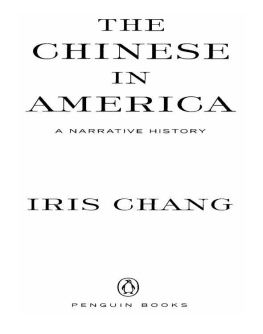
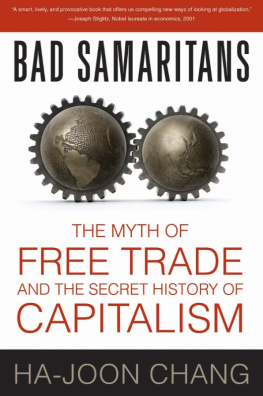
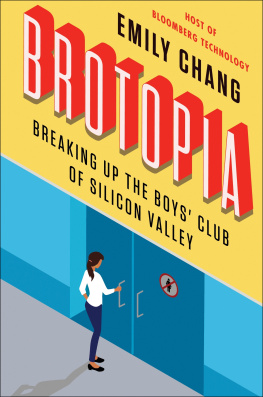
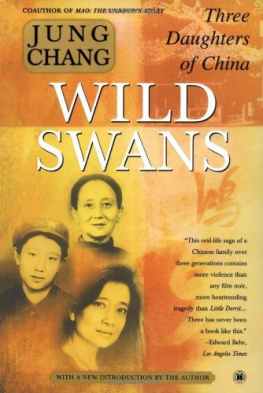
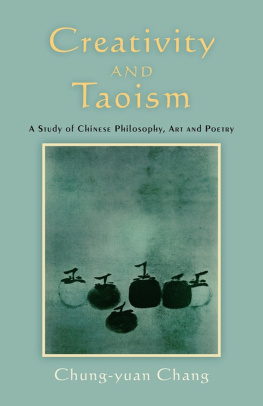

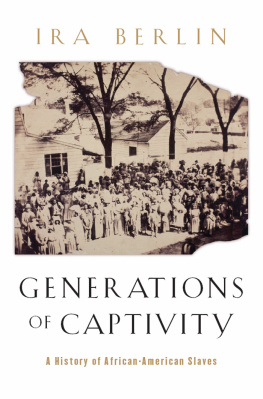
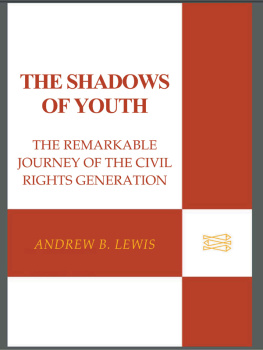
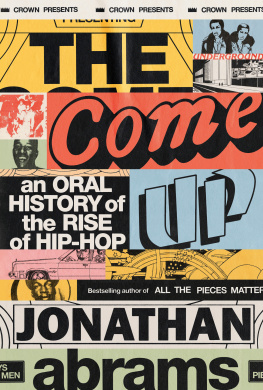
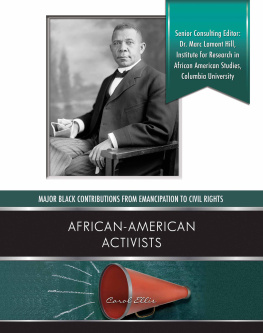
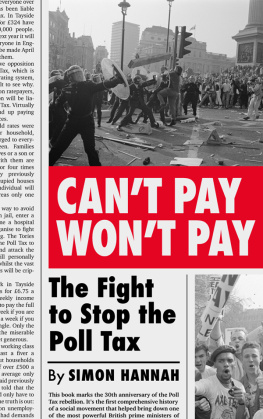
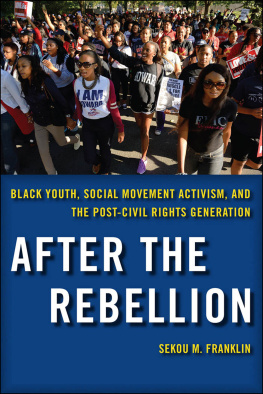

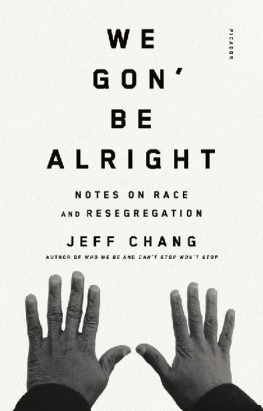
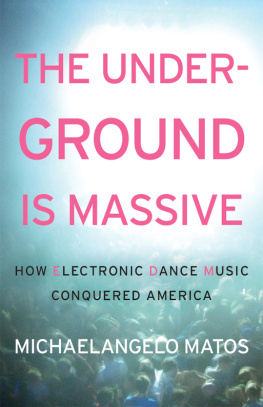
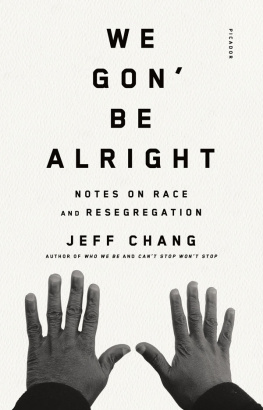
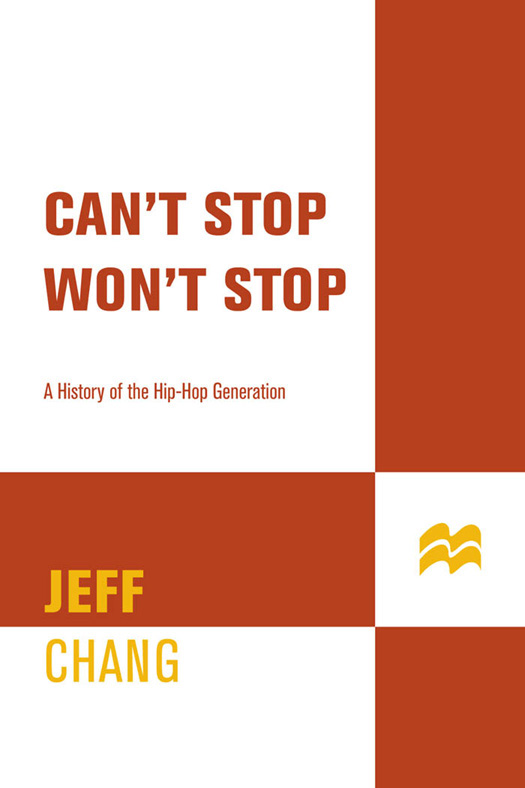
 New York
New York